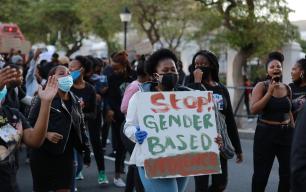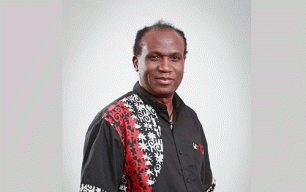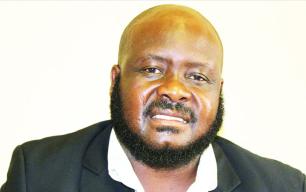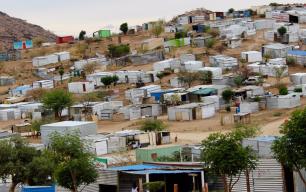HIV medicine critically low at 26.1%

By Patience Makwele and Stefanus Nashama
The Ministry of Health and Social Services (MoHSS) is grappling with a public health emergency after internal data confirmed that the majority of medicine stock at the Windhoek Central Medical Warehouse is either depleted or critically low. According to the ministry’s internal stock status report dated 2 October 2025 seen by Confidente, 77.65 percent of all active stock lines at the central medical store are classified as critically low or out of stock, a situation that points to a breakdown in procurement and logistics systems and threatens continuity of care for thousands of Namibians, especially patients with chronic illnesses.
The document revealed that out of 1,078 active stock lines managed by the central warehouse, 837 items are not adequately stocked. Data shows that 267 stock lines (24.8 percent) are completely out of stock, while another 570 (52.9 percent) are understocked, a revelation which proves that they have less than one month of supply remaining.
Life-saving hit hardest
The shortages are most severe in therapeutic categories essential for chronic and emergency care.
Pain management medicines such as analgesics are at a complete standstill, with 100 percent of the 17 lines either out of stock or understocked, while anesthetics, which are critical for surgeries and intensive care, are in a similarly dire state, with 84.2 percent of stock lines reported as critical.
The most equally alarming is the situation in the country’s HIV treatment programme, where 73.9 percent (17 of 23) antiretroviral (ARV) stock codes are below minimum levels. The pediatric formulation ABACAVIR 120mg + LAMIVUDINE 60mg tablets has just been staggered at 0.05 months of stock remaining, the critical number signals that children who are dependent on this life-saving medication may soon go without treatment. Meanwhile, health minister, Dr. Esperance Luvindao has assured the nation that the government is stabilising the supply of essential medicines across the country, following reports of shortages in several health facilities.
Responding to an oral question in Parliament on recently, Luvindao said the ministry has allocated funding to regional offices to procure medicines from local suppliers, a move that has already helped many facilities replenish their stock. “A lot of health facilities have managed to stabilise their stock through local suppliers,” Luvindao said.
She, however, indicated that a few facilities have struggled to access medication due to limited availability locally and the ministry has since engaged a supplier capable of delivering stock immediately, and deliveries will take place in the coming weeks.
Luvindao explained that the ministry was addressing a “system imbalance” that had previously disrupted the supply chain. “Stock started arriving from the first week of October and continues to arrive this week to stabilise supplies in the meantime,” she added.
Opposition concern
Shadow health minister for the Independent Patriots for Change (IPC), Lilani Brinkman, expressed frustration over the ongoing medicine shortages, saying the crisis has persisted for too long despite repeated parliamentary debates. “I am not currently aware of the specific matter the minister referred to, but I have received numerous queries from pharmacies across the country crying for medicines,” said Brinkman.
She criticised the ministry for providing repeated assurances without visible improvement, warning that the shortages are putting lives at risk, particularly for patients dependent on chronic medication.
“We have repeatedly raised our concerns about the lack of essential medicines, yet all we hear are assurances that the issue is being resolved. Meanwhile, lives are at stake as chronic medications remain out of stock in numerous health centres,” Brinkman said. The opposition MP called the situation “unacceptable”, demanding that the minister take swift and decisive action to restore consistent medicine availability. “The continued delays and vague responses we receive in Parliament while people suffer are simply not acceptable,” she emphasised.
- 222 views










Comments